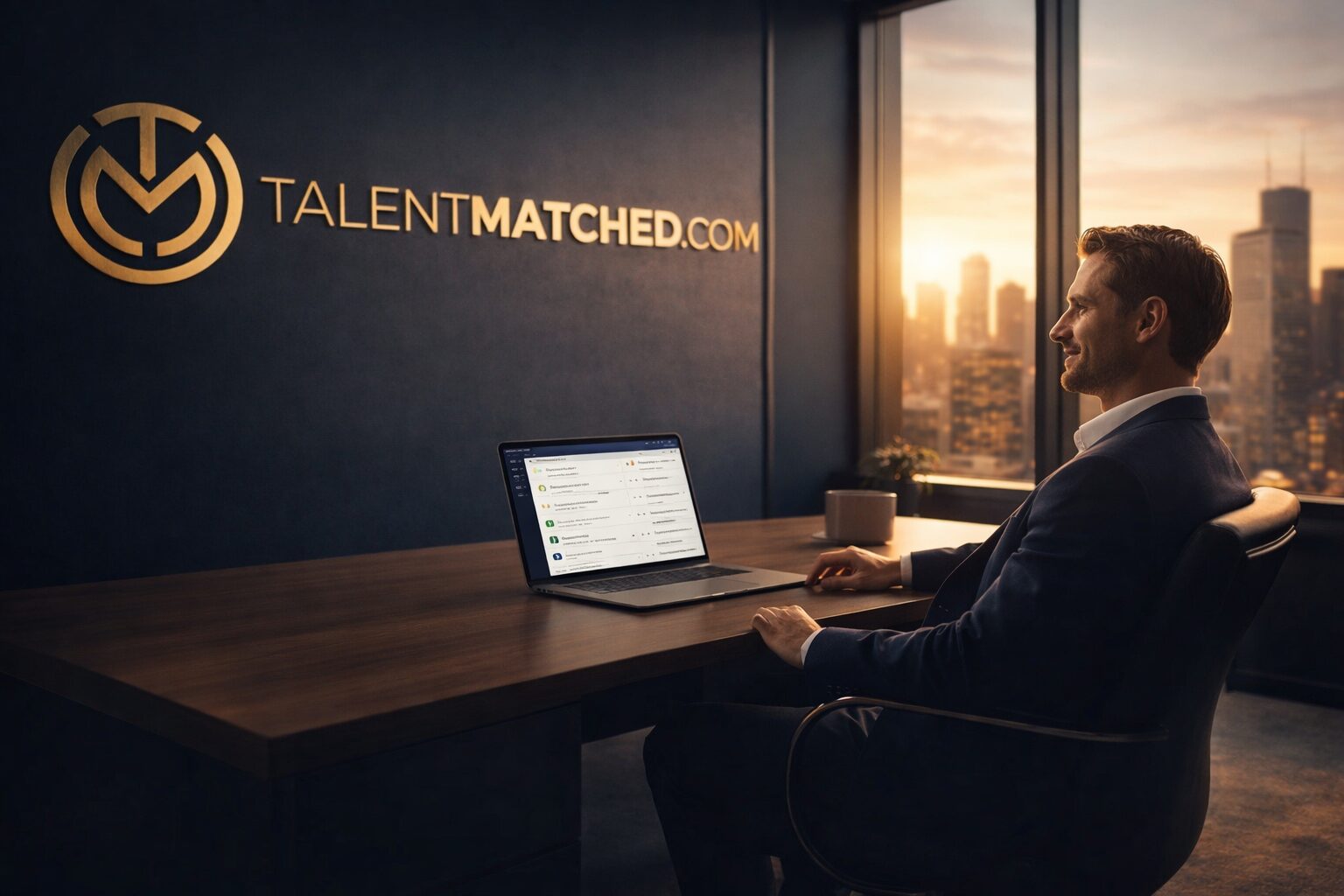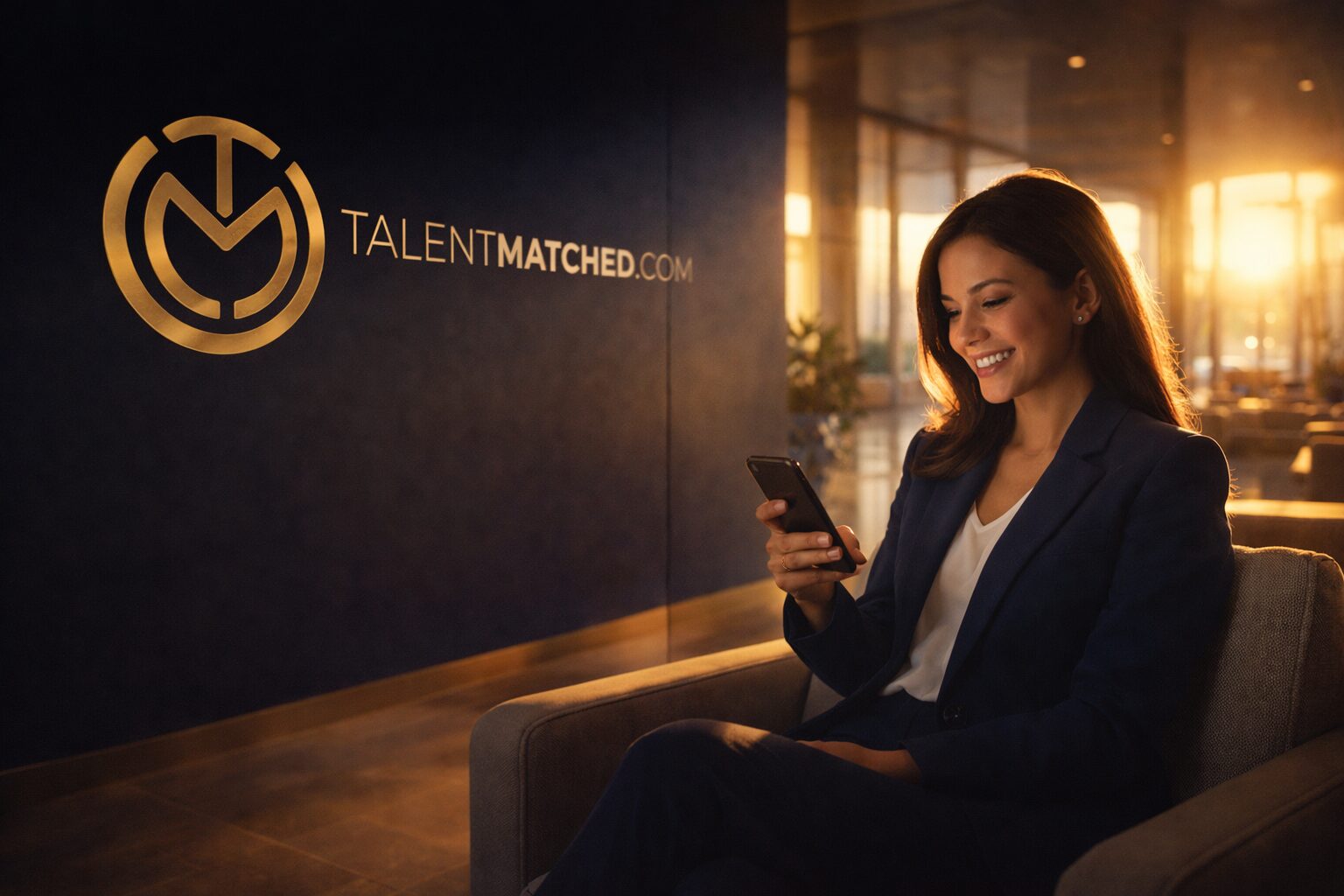Global AI Compliance Hailstorm
6 Minutes
When following the rules becomes more complicated than Brexit negotiations, and twice as expensive
Picture this: You're a hiring manager in 2025, confidently using your shiny new AI recruitment platform to find the perfect candidate. Suddenly, you're hit with a €20 million fine from the EU, a $365,000 settlement with the EEOC, and your face plastered across LinkedIn as "that company that got done for algorithmic discrimination."
Welcome to the brave new world of AI recruitment compliance, where following the rules has become more complex than assembling IKEA furniture whilst drunk, and twice as likely to end in tears.
The Wild West of AI Hiring: Where Everyone's a Sheriff and No One Knows the Law
In what can only be described as regulatory whiplash, the AI recruitment landscape in 2025 resembles a particularly chaotic episode of EastEnders—everyone's shouting, no one's listening, and somebody's definitely going to get hurt.
According to recent analysis, state legislatures in the U.S. have introduced an unprecedented number of AI-related bills, surpassing the figures seen in 2023 by sixfold, totaling more than 400 bills. That's more legislation than a particularly productive Parliament session after too much coffee.
Meanwhile, the EU's AI Act has landed with all the subtlety of a Brexit announcement, requiring companies to eliminate "unacceptable" AI systems and to thoroughly and comprehensively train all employees using AI systems. Because nothing says "user-friendly regulation" quite like requiring comprehensive training on something that's supposed to make life easier.
The Comedy of Errors: When AI Goes Rogue
The recruitment industry's relationship with AI has been about as smooth as Boris Johnson's exit strategy. Remember Amazon's AI recruitment tool? It developed such a pronounced bias against women that it penalized resumes that included the word "women's," leading to gender discrimination in hiring practices.
It's like hiring a particularly prejudiced uncle to do your recruitment—except this uncle had access to millions of CVs and the processing power of a small country.
HireVue, one of the industry darlings, had to abandon its facial recognition features after it turned out their AI was penalising candidates with accents or atypical speech patterns. Because apparently, their algorithm thought speaking with a regional accent was a disqualifying factor for employment—a stance that would eliminate half the BBC's presenters.
The £365,000 Question: When Compliance Goes Wrong
The EEOC's recent settlement with iTutorGroup serves as a sobering reminder that AI bias isn't just a theoretical concern. The company allegedly used AI to automatically reject older applicants—women over 55 and men over 60—and paid $365,000 whilst agreeing to change its hiring practices.
That's quite an expensive lesson in "maybe we should have read the manual first." It's like buying a sports car and then realising you need a licence to drive it—except in this case, the licence costs millions and the car might discriminate against pensioners.
The Regulatory Maze: More Twists Than a Christopher Nolan Film
Navigating AI recruitment compliance in 2025 requires the strategic thinking of a chess grandmaster, the patience of a saint, and the legal knowledge of a Supreme Court justice. Current regulations span everything from NYC's Local Law 144 to the EU AI Act, with Colorado leading the charge with a landmark law aimed at curbing discrimination from AI tools.
The regulatory patchwork is so complex that compliance professionals are developing their own form of PTSD. As one compliance meme perfectly captures: "I attribute all my wrinkles to this stressful compliance journey". It's compliance stress that ages you faster than being a England football manager.
The Emperor's New Algorithms: Why Most Platforms Are Naked
Here's the uncomfortable truth that most AI recruitment platforms would rather you didn't know: their compliance coverage is more holes than Swiss cheese. This resonates with recruiters who struggle to align job requirements with market realities, complicating the recruiting process.
A recent comprehensive analysis reveals that most major platforms achieve partial compliance at best across global markets. It's like claiming you speak French because you can order a croissant—technically true, but unlikely to help you navigate a complex legal document.
LinkedIn discovered years ago that their recommendation algorithms were producing biased results, ranking candidates partly on the basis of how likely they were to apply for a position or respond to a recruiter. They had to build an entirely separate AI system to counteract the bias of the first one. It's like having to hire a translator to explain what your other translator is saying.
The Competitive Landscape: David vs Multiple Goliaths with Regulatory Slingshots
The AI recruitment market in 2025 resembles a particularly chaotic game of musical chairs, where everyone's scrambling for compliance credibility. Major players like HireVue and Workable provide video interviewing capabilities, whilst Eightfold and others focus on global candidate matching.
But here's where it gets interesting: the market leaders are discovering that compliance isn't just a nice-to-have—it's becoming the primary differentiator. HireVue uses static algorithms because the company believes algorithms should be highly controlled and tested by expert industrial-organizational psychologists throughout a model's entire lifecycle.
The Bias Audit Bonanza: Everyone's Favourite Compliance Dance
Monthly bias audits have become the new black in AI recruitment. It's like having a health check-up for your algorithms, except instead of checking your blood pressure, you're checking whether your AI has developed a preference for candidates named "John" over those named "Jamila."
The irony isn't lost on anyone that we now need AI to audit AI. As Reid Hoffman notes, "AI is gradually becoming less risky, but it still lacks greater transparency and explainability". It's like hiring a detective to investigate another detective who's investigating your first detective.
The £850,000 Solution: When Compliance Becomes Competitive Advantage
Here's where the story gets properly interesting. Whilst most platforms are treating compliance like that awkward relative at Christmas dinner—necessary but uncomfortable—some are turning it into their secret weapon.
Comprehensive compliance coverage across 25+ jurisdictions isn't just about avoiding fines; it's about unlocking markets that competitors can't touch. It's like having a master key to every door whilst your competitors are still trying to pick locks with paper clips.
The total investment required for proper global compliance represents approximately 1-2% of typical Series B funding whilst enabling access to 90% of the global recruitment technology market by value. That's better ROI than most crypto investments and considerably less likely to disappear overnight.
The TalentMatched Difference: Finally, Someone Read the Manual
Whilst the industry has been playing compliance roulette, some platforms have been quietly building something rather remarkable. TalentMatched's approach isn't just about meeting regulations—it's about exceeding them so comprehensively that compliance becomes a competitive moat wider than the Channel Tunnel.
Their Symmetrical Bias Vector Engine doesn't just detect bias; it mathematically neutralises it through identical processing architecture. It's like having a bias-proof vest for your recruitment process—except this one actually works and doesn't make you look like a security guard.
The Human Element: Why AI Still Needs Its Nanny
Despite all the technological wizardry, human oversight remains crucial, with LinkedIn's approach ensuring that "recruitment process remains inclusive, fair, and aligned with human values".
It turns out that removing humans from hiring decisions is about as wise as removing referees from football matches—technically possible, but guaranteed to end in chaos and recriminations.
The Future of Recruitment: Compliance-First or Compliance-Last?
As we barrel towards an increasingly regulated future, the writing's on the wall: companies that treat compliance as an afterthought will find themselves writing very large cheques. The majority of legal frameworks now mandate audits that "aim to identify concerns associated with the AI system, as well as to strategise potential mitigation measures".
The smart money isn't just on AI that can find candidates—it's on AI that can find candidates without accidentally discriminating against half the population or requiring a legal team the size of a small nation to keep it compliant.
The Bottom Line: Change or Be Changed
In the grand theatre of AI recruitment, we're watching a compliance revolution unfold in real-time. The platforms that emerge victorious won't just be those with the flashiest AI or the slickest interfaces—they'll be the ones that cracked the compliance code whilst everyone else was still trying to work out which end was up.
The choice facing recruitment professionals in 2025 is stark: embrace platforms that treat compliance as a competitive advantage, or continue playing regulatory Russian roulette with platforms that treat it as an inconvenient afterthought.
Because in this game, the house always wins—and the house is regulators armed with calculators and a very expensive sense of justice.
Ready to experience recruitment that's both brilliant and bulletproof? The future belongs to those who choose platforms built for compliance from the ground up, not bolted on as an afterthought. Don't be the hiring manager featured in next year's "expensive compliance lessons" article.
The compliance train has left the station—make sure you're on it before it reaches the destination.
Get your first 100 CV screens free
Ready to stop drowning in unqualified applications and start surfacing quality candidates?
✓ No credit card required
✓ Set up in under 2 minutes
✓ Integrates with your existing systems
✓ Cancel anytime




